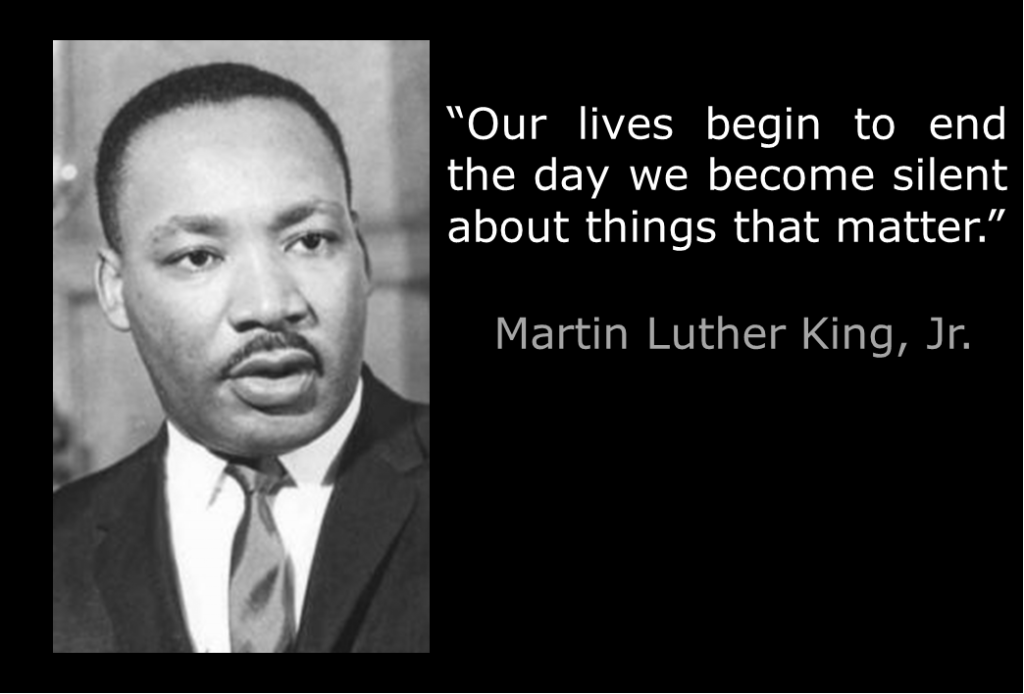In week 9’s reading, writer Harry Jenkins discusses his ideas on how convergence and participatory culture have shifted over time.
The main point that stood out to me was when he talks about an argument put forward by Raymond William in his article, ‘Culture is Ordinary’ (1958) that states, the making of a society requires “the finding of common meanings and directions”, a process which comes only through “active debate and amendment” among the people themselves. I believe this to be true because without honest communication, devoted debates and creating changes for the better, society cannot grow and develop.
The main example of this in current news is the second protest against shutting down remote Aboriginal communities that happened in the Melbourne CBD (one happening one month ago) which took place Friday (yesterday). I was in the city at the time of this and it was actually really amazing to see the amount of people, both Indigenous and non-Indigenous standing up for their rights and trying to get their message across; all in a peaceful but very passionate manner. This was effective because more than 10,000 people came into the city to show their support, shutting down the ordinary Melbourne commute and really making their voices heard.
You can read more about the protests here.

I think this is a very difficult issue to resolve. It isn’t something that can be disentangled with a simple yes or no and many people do not know the complete story of why the government is deciding to shut down these communities, and why people are rallying against it.
Some points the government have made to why they feel the shutting down of these communities is necessary, is that the number of sexual abuse of girls and the neglect of young children are extremely high (many going unreported). And the fact that police and ambulance services are so far away from these small towns, it is hard to provide the safety and aid they need. With this being said, the other side of this argument is the simple fact that, unlike people who live in the suburbs and the city, who can pack up and move houses anytime they wish due to either personal or economic reasons, Indigenous families have lived there for centuries; it isn’t as simple as putting their things in a luggage and setting up home wherever they feel like.
There are many more parts to this story, but the main thing to consider about this issue (and any other issue!) is that people are talking about it, television, newspapers and radios are reporting on it and media students are blogging about it. These kinds of active debate and live discussions are the main aspects of how a society grows and changes and we should be proud and tremendously grateful that we live in a country where freedom of speech is encouraged and not punished.